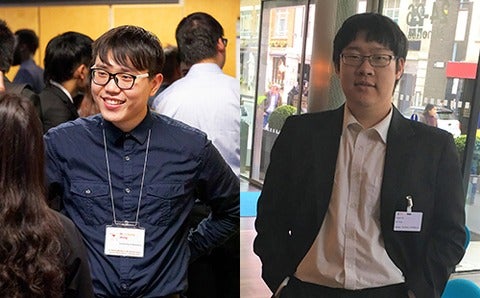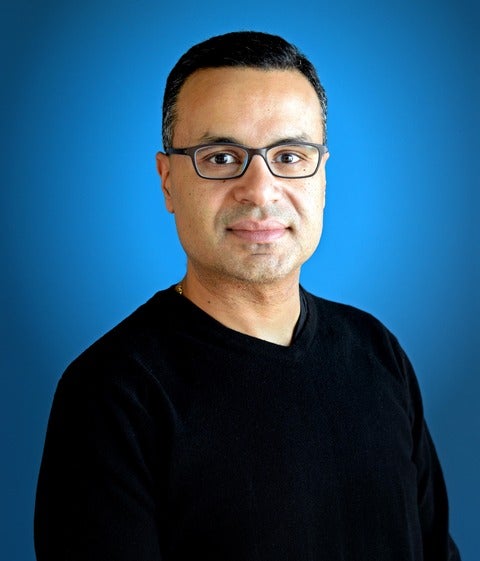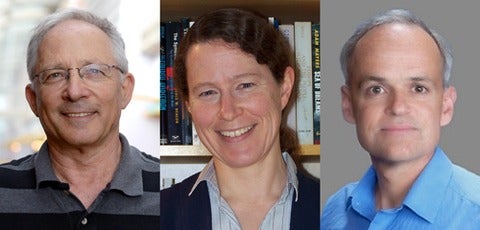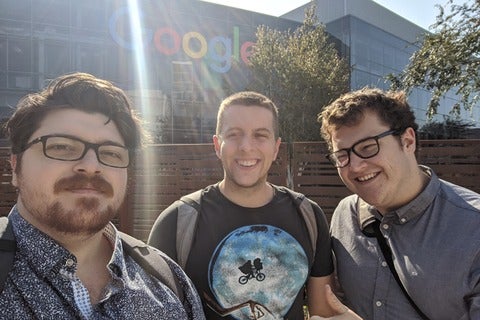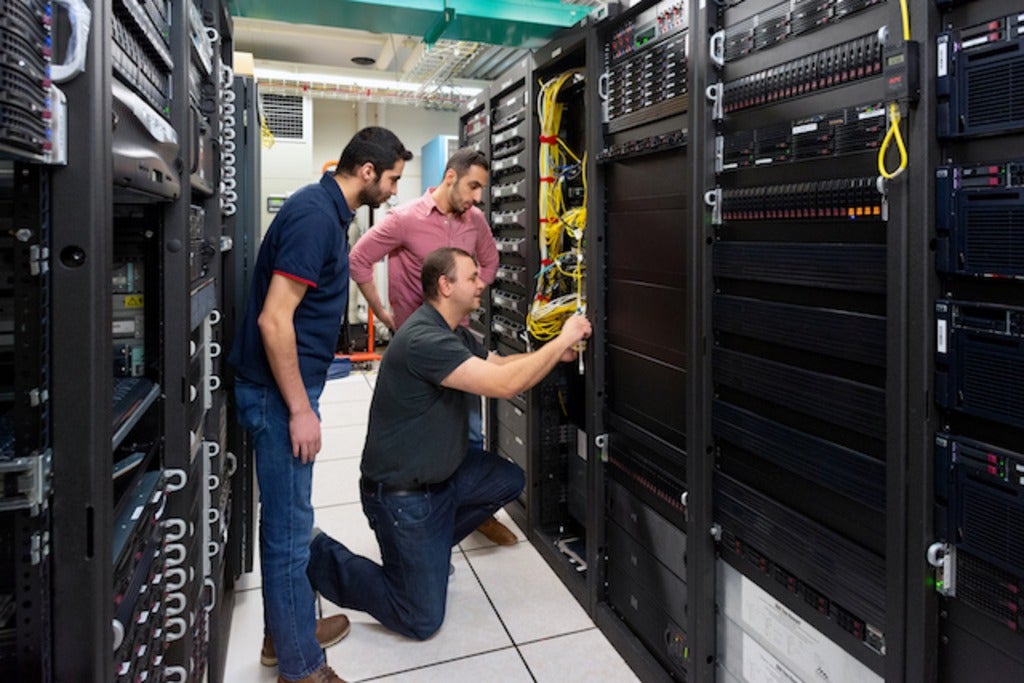New method could identify COVID-19-like viruses within minutes
Researchers have developed a method that can identify future COVID-19-like viruses within minutes, which could allow for quicker development and deployment of vaccines and treatments.
In a new study, researchers at the University of Waterloo used a machine learning-based alignment-free approach to accurately and rapidly identify and classify COVID-19 virus genome’s relationship with other viruses.

